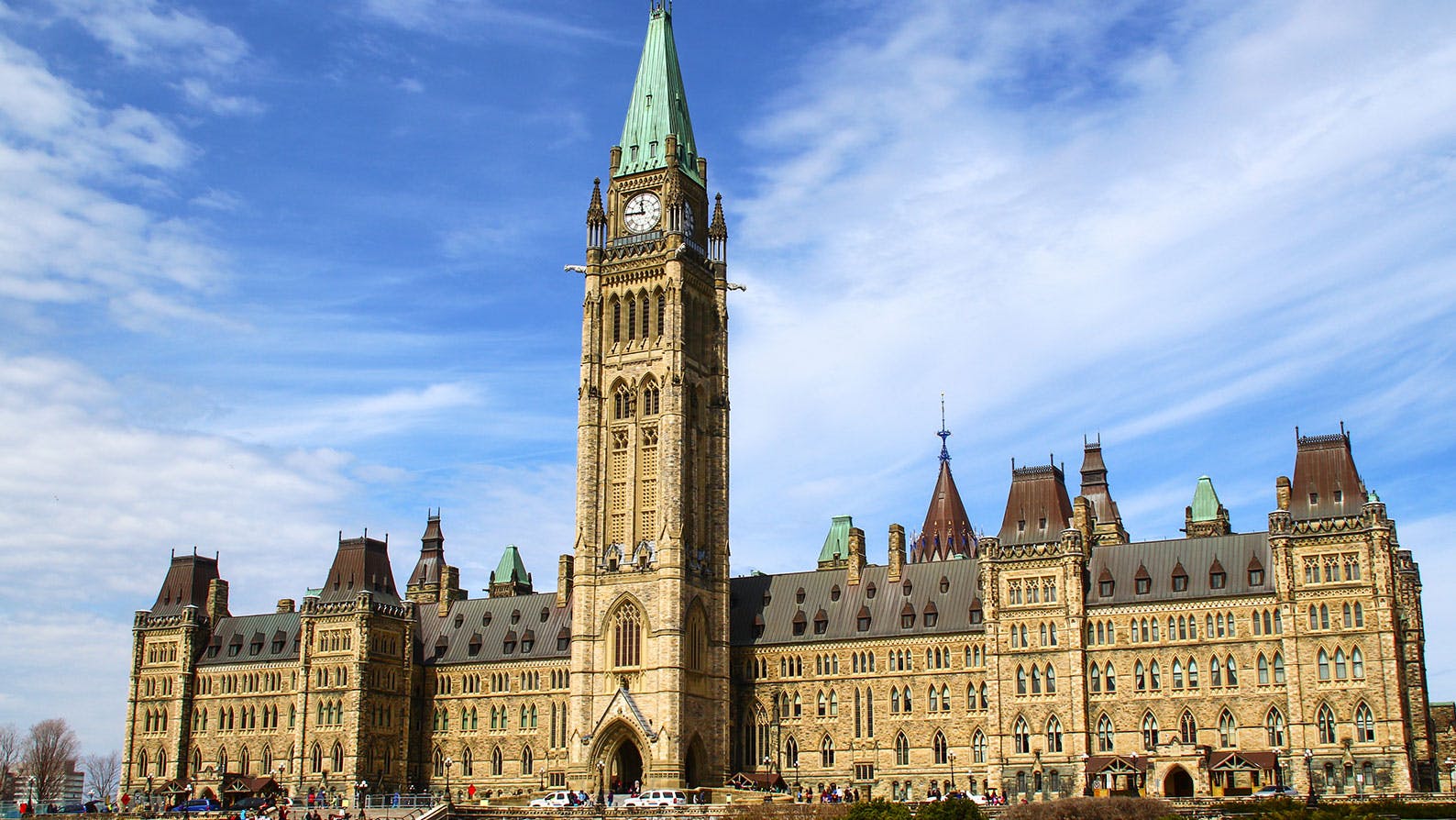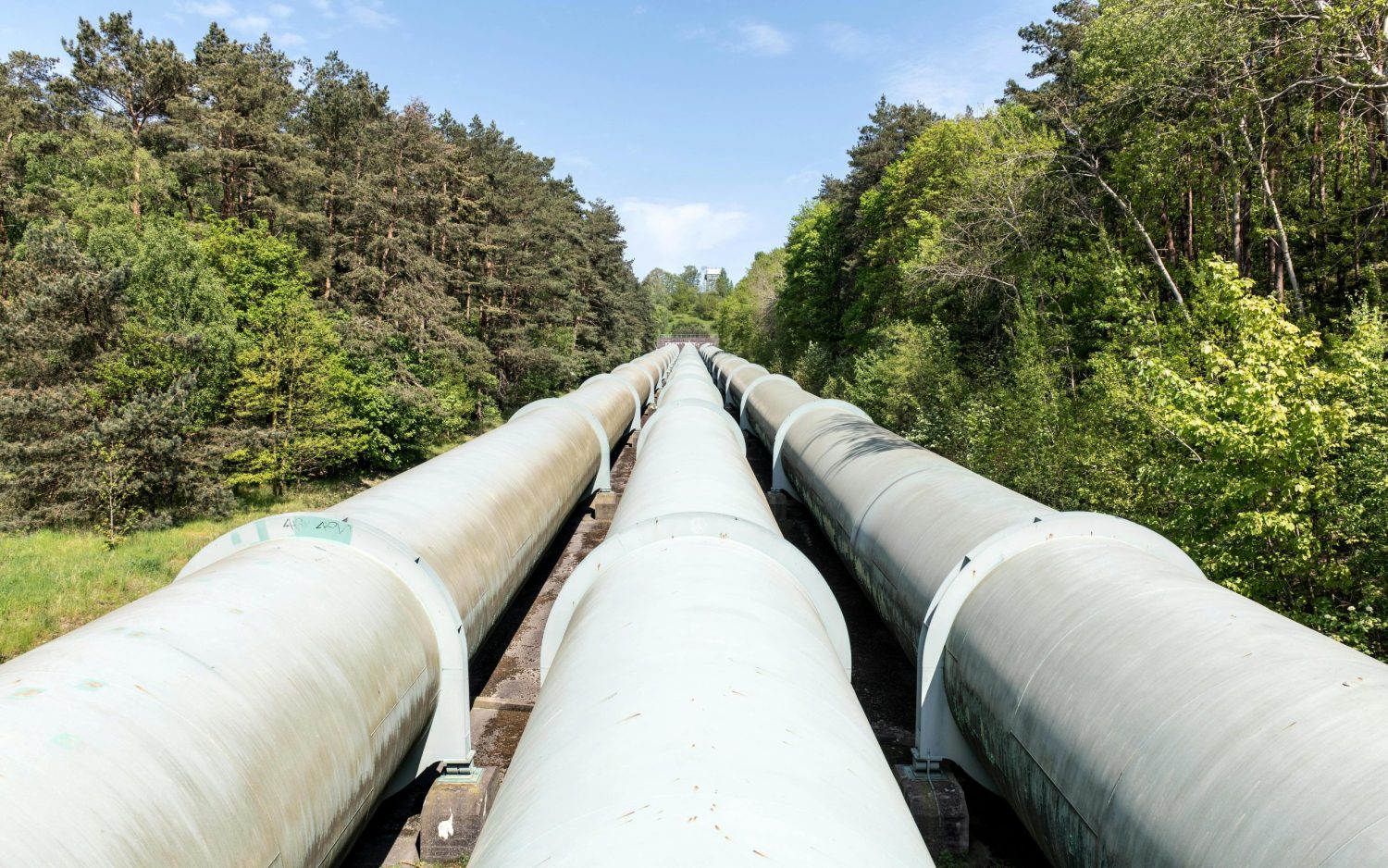Calgary, Alberta, December 16, 2024 – The Fall Economic Statement tabled today by the federal government fails to deliver on fiscal responsibility, with announced costly policies unlikely to turnaround the economic headwinds they are intended to address. The deficit ballooning to $61.9B, far beyond the fiscal guardrails of $40.1B, will be costly to Canadian taxpayers and businesses who will shoulder the financial burden for years to come.
In light of the U.S. election and the looming threat tariffs pose to the Canadian – and North American – economy, allocating an additional $1.3 billion in border control is important. However, a broader trade strategy is required to demonstrate Canada is a strong trading partner, bolster our nation’s independence, and support trade-exposed industries including energy, agriculture and small businesses. To compete and address the bilateral challenges ahead, we must see sizeable investments by the private sector, enabled by the federal overhauling regulatory systems, focusing on competitiveness and economic productivity, and eliminating interprovincial trade barriers.
With 65.7% of businesses in Canada remaining concerned about rising costs, the GST rebate provides only short-term and limited relief to consumers, and is administratively burdensome for businesses, especially small retailers. Further, increased spending by the federal government and possibly consumers will be inflationary and may prevent interest rates from falling. This has the potential to increase the cost of capital, making it harder for businesses to reinvest in their businesses and grow the economy.
While the Fall Economic Statement does not reflect the fiscal prudence Canada needs, the Calgary Chamber of Commerce is encouraged by some measures that support business:
- Extending the Accelerated Investment Incentive to support businesses in investing in capital to grow their businesses, increase productivity, and compete with the United States, particularly manufacturing, construction and energy – all of which will be a renewed focus south of the border.
- Enhancing the Scientific Research and Experimental Development (SR&ED) tax incentive program, including by increasing the annual expenditure limit and restoring the eligibility of capital expenditures.
- Creating a more attractive investment environment for pension funds to invest in Canada, including launching a fourth round of the Venture Capital Catalyst Initiative with $1B in funding, advancing Canada’s AI sector, and improving airport authority ground leases. These are worthy initiatives, however must not compromise investment diversification to ensure returns are maximized for Canadians.
- Advancing investments in housing through the low-cost financing for apartment construction and increasing funding for affordable housing developments.
As the federal government develops Budget 2025 and all parties prepare to develop election platforms for a likely 2025 election, we strongly recommend businesses and the economy be at the forefront of policy decisions, acknowledging all Canadians are better off when the economy is strong, resilient and productive. In particular, we encourage consideration of the following measures, which taken together, must contribute to driving higher economic growth and productivity in Canada.
- Center fiscal prudence in the development of Budget 2025, recognizing the need to balance key strategic investments with rigorous fiscal management of government spending.
- Provide meaningful affordability support for small and medium-sized businesses facing rising costs, labour constraints and persistent supply chain challenges. This should include withdrawing the changes to the capital gains inclusion rate and increasing the Small Business Tax Deduction threshold.
- Ensure affordability, reliability, predictability and investment certainty are central to policy development, withdrawing policies that inhibit Canadian competitiveness including the proposed Greenhouse Gas Emissions Cap for the Oil and Gas Sector, Amendment 236 to the Competition Act introduced in Bill C-59, and Clean Electricity Regulations.
- Action the recently announced Indigenous Loan Guarantee Program, ensuring that funding is sector-agnostic, extends beyond the natural resource sector, and remains available for proponents in decarbonization, clean-tech and traditional energy spaces.
- Increase the supply of housing by incentivizing the development of market and non-market housing. Focus on expanding skilled labour capacity through credentialing and targeted immigration programs and supply chain reliability for materials to support accelerated housing starts.
- Improve Canada’s competitiveness in attracting large-scale investments that enhance productivity and diversify the economy, such as AI Data Centers, manufacturing hubs, Small Modular Reactors and critical minerals supply chain infrastructure.
We look forward to continuing to work with federal decision makers to advance productivity, competitiveness and resilience of the Canadian economy, and encourage continued consultation with our business community.
– 30 –
About the Calgary Chamber of Commerce
The Calgary Chamber of Commerce exists to help businesses reach their potential. As the convenor and catalyst for a vibrant, inclusive and prosperous business community, the Chamber works to build strength and resilience among its members and position Calgary as a magnet for talent, diversification and opportunity. As an independent, non-profit, non-partisan organization founded in 1891, we build on our history to serve and advocate for businesses of all sizes, in all sectors across the city.
Media opportunities
For media inquiries, please contact media@calgary-chamber.papercrane.ca







